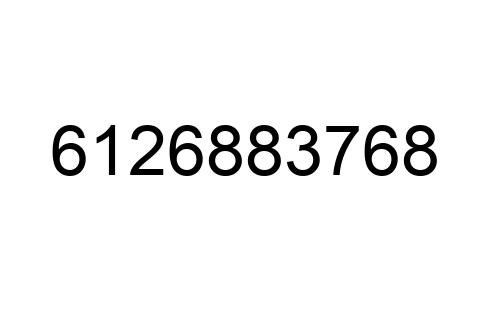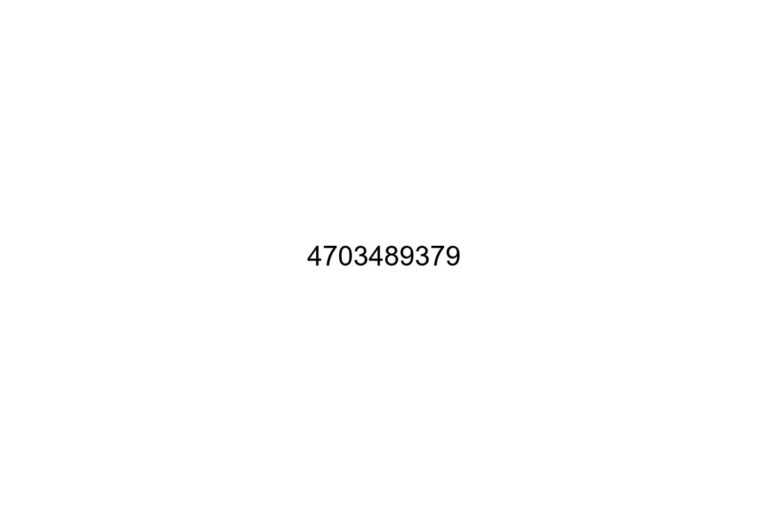Creating a gambling budget isn’t just about managing your money; it’s about protecting your peace of mind. By breaking it down into manageable chunks, you can enjoy the experience without worrying about overspending. Let me walk you through simple steps to set realistic limits that align with your financial goals and keep your betting habits in check.
Why Budgeting for Gambling Matters
Budgeting safeguards financial stability while gambling. Without clear limits, it’s easy to overspend and disrupt daily expenses like rent, utilities, or groceries. Setting a budget ensures that gambling funds remain separate from essential living costs.
Responsible budgeting minimizes stress and promotes enjoyment. Financial control allows betting to feel like entertainment instead of a financial burden. Sticking to defined limits removes guilt associated with losses and helps avoid the strain of unexpected financial shortfalls.
A structured gambling budget supports long-term financial goals. Allocating a fixed percentage for gambling prevents it from interfering with savings, investments, or debt repayments. By integrating gambling limits into a broader financial plan, I ensure my priorities stay intact.
Understanding Your Gambling Habits
Recognizing personal gambling behaviors lays the foundation for effective budgeting. By understanding how and why I gamble, I can set limits that align with my financial situation.
Assessing Your Spending Patterns
I take note of how much I typically spend on gambling during different timeframes. Tracking all bets over days, weeks, and months highlights trends, such as spikes on weekends or specific events. Online banking apps and expense trackers simplify this process. Identifying when gambling impacts my ability to cover essentials confirms the need for stricter boundaries.
Identifying Risk Factors
I examine behaviors that may lead to overspending, such as:
- chasing losses
- betting impulsively
- gambling to cope with stress
Regularly exceeding planned limits or borrowing money for gambling suggests high-risk tendencies. Recognizing external triggers, like ads or peer pressure, helps me create strategies to reduce their influence over my choices.
Setting Daily Gambling Limits

Daily gambling limits ensure control over spending by breaking down budgets into manageable amounts. They reduce the risk of overspending while providing consistent enjoyment over time.
Benefits of Daily Budgeting
- Preventing overspending becomes easier with daily limits, as they restrict how much goes toward gambling each day. This helps guard against impulsive behaviors like chasing losses.
- Encouraging moderation supports long-term financial stability by keeping gambling expenses within predetermined bounds. This approach ensures entertainment without compromising essential financial needs.
- Reducing stress happens when daily budgets eliminate the worry of unplanned losses impacting overall finances. Knowing limits are in place simplifies decision-making during gambling sessions.
Practical Tips for Daily Limit Setting
- Analyze daily habits by reviewing past gambling expenditures. Identify days with higher spending and adjust limits to maintain balance.
- Set a specific dollar amount that’s part of a broader weekly or monthly budget. Ensure the daily amount reflects your overall financial situation and goals.
- Use tools like budgeting apps or gambling platforms with limit-setting features. Such tools provide reminders and enforce restrictions, supporting consistent adherence.
- Allocate unused funds to future budgets if you don’t reach the daily limit. This allows flexibility without exceeding total gambling allowances.
Planning Weekly Gambling Budgets
Weekly budgets provide a crucial balance between daily spending and long-term financial goals. By organizing gambling funds into weekly limits, I can monitor trends, adjust when needed, and stay in control of my overall spending.
Importance of Weekly Reviews
I review my gambling activity weekly to identify patterns and adjust budgets. Weekly reviews help me spot overspending early, especially if daily limits are frequently exceeded. They also allow me to evaluate whether my gambling aligns with my entertainment goals and broader financial priorities. For instance, if I spend more than 20% of my weekly allowance in one session, I reassess my approach for better balance.
Tracking winnings and losses across the week is also essential. I look beyond single-day results to understand my overall financial position, ensuring I’m not relying on gambling gains to justify pushing beyond my limits.
Strategies to Stay on Track
I set clear weekly budgets based on my overall monthly gambling allowance, dividing funds evenly across the weeks. If I spend under my limit, I carry the surplus forward to the next week, creating flexibility without exceeding the monthly cap.
Using tools like digital budgeting apps simplifies this process. These tools send reminders, track spending, and help me allocate funds efficiently. I also check my progress mid-week to ensure my remaining budget aligns with planned activities.
Establishing rewards for sticking to weekly limits keeps me motivated. For instance, I might use any saved funds for non-gambling entertainment, reinforcing responsible habits while retaining enjoyment.
















































































































































































































































































































































































































































































































































































































































































































































































































































































































































































































































































 As co-founder of CasinoMastermindx. Cecilla Pricetalker leads the vision and strategy behind the platform’s tech-focused content. With a deep understanding of casino innovation, software engineering, and iGaming trends, she ensures every piece reflects accuracy, innovation, and integrity. Cecilla’s leadership and technical insight make CasinoMastermindx.com a trusted source for forward-thinking gaming intelligence.
As co-founder of CasinoMastermindx. Cecilla Pricetalker leads the vision and strategy behind the platform’s tech-focused content. With a deep understanding of casino innovation, software engineering, and iGaming trends, she ensures every piece reflects accuracy, innovation, and integrity. Cecilla’s leadership and technical insight make CasinoMastermindx.com a trusted source for forward-thinking gaming intelligence.
